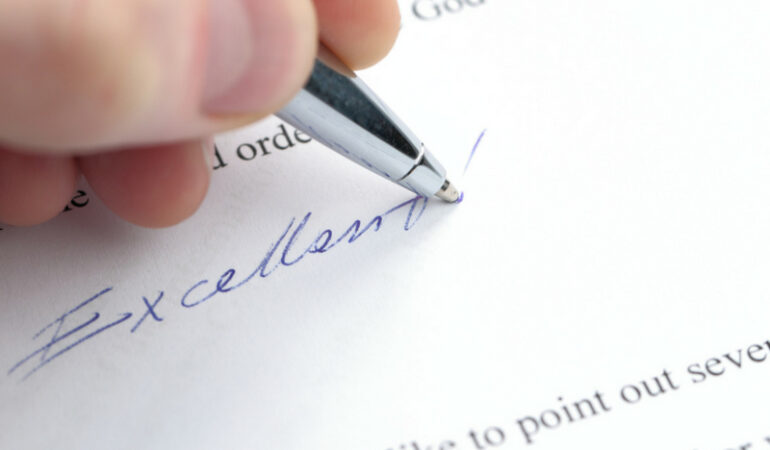 I made a mistake.
I made a mistake.
I was contacted by a guy in California who wanted his book edited. He asked me to do three sample pages before making a decision about whether to hire me. Sure, I said. After I sent them to him, he emailed to say that he’d found an error. He didn’t say where, and I couldn’t find it, but I felt chastised and embarrassed.
Luckily that passed because the truth is that, yes, sometimes I make mistakes. What didn’t pass was a growing desire to make not just this guy but everyone who writes understands that perfectionism is a kind of death knell to a writer.
I don’t fault anyone for wanting their work to be error free. I’ve spent countless hours reading and re-reading manuscripts, determined to ferret out every misplaced comma or incorrect preposition.
Don’t even get me started on things like colons, semi-colons, ellipses, or dashes, which are more subjective to personal style and less beholden to hard fast rules.
In my own publishing journey, I’ve been through three rounds of corrections on my book galley, each with several sets of eyes involved. Each time there were mistakes that the book designer, the proofreader, or I missed.
I hate mistakes. But want to know what I hate even more? Unrealized dreams.
Let’s face it, creativity is incredibly messy. It requires the ability to embrace some chaos. Art is never born fully formed and there’s a lot of ugly that comes before beauty. It takes time and meticulous commitment to put a period on the end of a project.
Perfectionism is nothing but an excuse to procrastinate, half-ass your talent, or give up altogether.
I say this as a recovering perfectionist who has had her eyes opened to the inevitability of mistakes, and to the possibility that success is possible despite mistakes.
Years ago, I attended an event called the Qi Revolution at McCormick Place. The convention hall was packed with 500 people and the speaker had an area set up to sell his products. Among them was a novel he’d written. I flipped it open and was shocked to see many mistakes on the first page alone. My internal editor bristled and felt supremely superior. Yet this guy had hundreds of people lining up to shake his hand and my fledgling book was stuck on a thumb drive in my desk drawer.
What I learned that weekend was that I’d have to relax my standards if I ever wanted to accomplish anything. I gave up being perfect and committed to making progress.
This morning my yoga teacher said it this way: there is no final exam. (Ok, maybe my kids would argue that since they are actually taking final exams this week. But you know what I mean….)
Our lives—whether it’s a yoga practice, the writing life, or our relationships—are an accumulation of moments and if we wait for “the” perfect moment to arrive, we’ll never be able to appreciate what’s happening now.
I’d rather appreciate that I kept making progress on my book until it became a tangible object that I can hold in my hand. And if I find one more typo in the final version, I’ll grit my teeth, take a breath, and hope no one else will notice.







